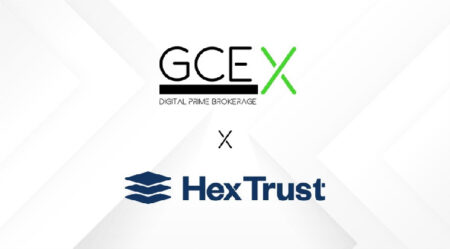Value DEX, a prominent decentralized exchange, has recently announced its partnership with Three Protocol. The collaboration targets onboarding Three Protocol to Value DEX to offer cutting-edge solutions that would revolutionize the decentralized sector. The platform took to its official social media account to offer insights into this endeavor.
🟦 WELCOME ONBOARD !!!@ThreeProtocol utilities ZKP technologies to create completely private Decentralised Digital ID’s (ZKI3’s) with reputational submissions from blockchain protocols. Three Protocol uses state-of-the-art Neural Network AI technology to bring eCommerce and… pic.twitter.com/K06xlTMsf3
— Value DEX – Valu.so (@valu_so) August 10, 2024
Value DEX Announces Onboarding Three Protocol in Its Latest Partnership
In its latest X post, Value DEX mentioned that this collaboration would shape the decentralized markets’ future. Three Protocol operates as a leading platform that integrates privacy-centered technologies into the mechanisms dealing with digital identity. It reportedly uses ZKP technologies and develops completely private Decentralized Digital IDs (ZKI3s).
The respective ZKI3s intend to maintain consumer privacy. They also enable verifiable and secure reputational submissions that diverse blockchain protocols make. This approach guarantees that consumers can control and manage their digital identities with matchless security and privacy. This plays the role of a vital advancement in the management of decentralized identities.
The Initiative Aims to Improve User Security, Personalization, and Automation with AI
Apart from Three Protocol’s revolutionary efforts concerning digital identity, it is also using the advanced Neural Network AI technology. This permits it to streamline the marketplaces of real-world assets and eCommerce. With the incorporation of artificial intelligence, the protocol intends to improve the accuracy, efficiency, and consumer experience regarding online transfers. According to Value DEX, the integration of blockchain technology with AI will potentially provide exclusive levels of user security, personalization, and automation.
Read the full article here









